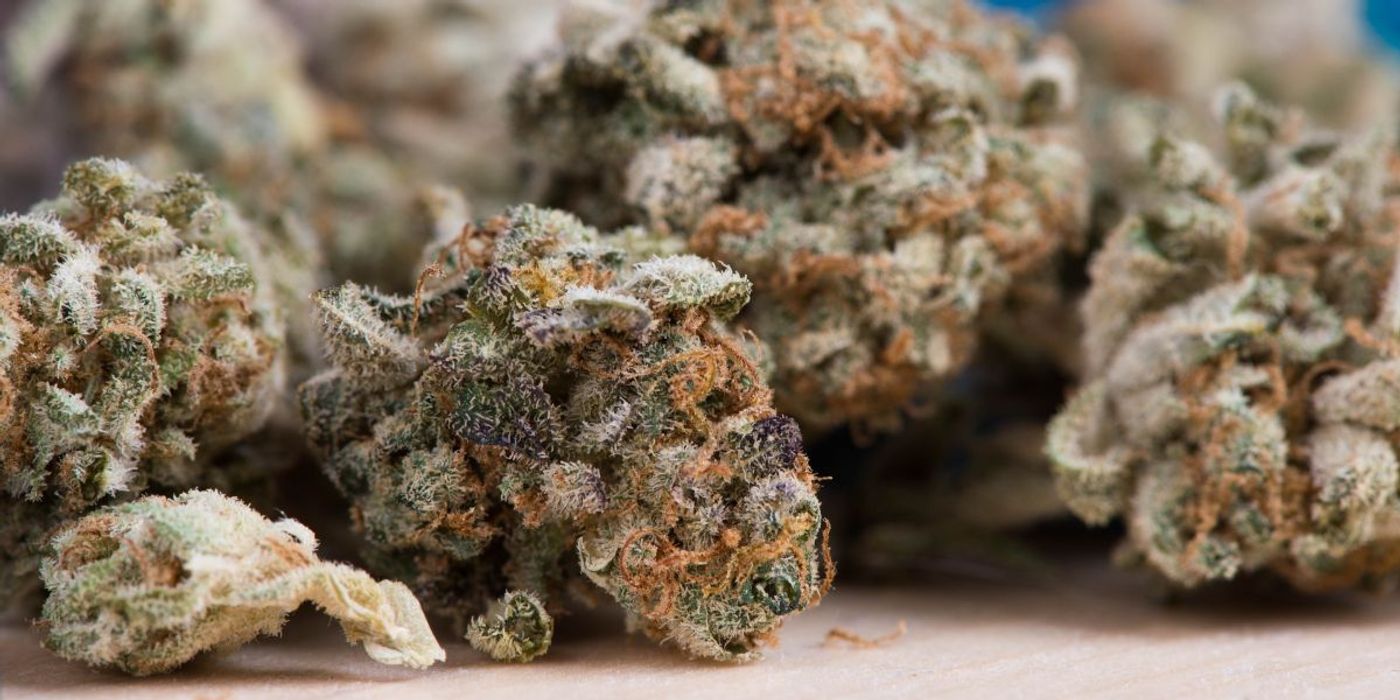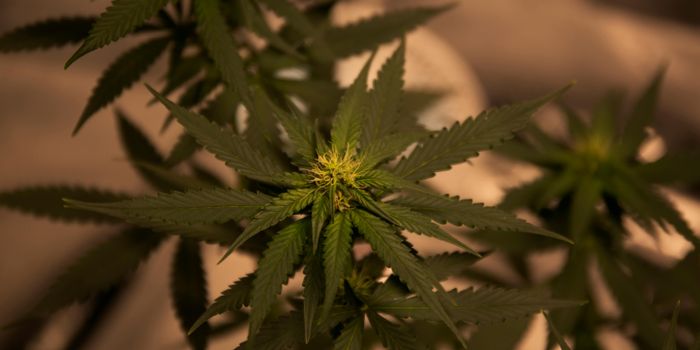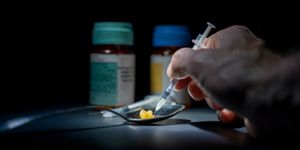Synthetic Cannabinoid Drug to Enter Human Trials
In recent months, interest has been growing in the potential for cannabinoids- the compounds found in cannabis- to treat COVID-19. And now, the US Food and Drug Administration has approved a synthetic cannabinoid drug, known as ARDS-003, for Phase I clinical trials.
ARDS-003 was created by researchers at Tetra Bio-Pharma, a pharmaceutical company specializing in cannabinoid-derived drug discovery and development. In particular, the company created the drug to tackle acute respiratory distress syndrome (ARDS), common in severe cases of COVID-19.
“We have extensive preclinical evidence that the active pharmaceutical ingredient (API) in ARDS-003 has a profound effect in inhibiting the factors that lead to excessive immune system activation,” says Dr. Guy Chamberland, and Chief of Regulatory Officer at Tetra Bio-Pharma.
A synthetic compound, ARDS-003 does not come from the cannabis plant. It does ,however, work on the same endocannabinoid system similarly to natural cannabinoids. In particular, it binds to CB2 receptors, responsible for modulating inflammation and cytokine activity.
By targeting the CB2 receptor, the drug is able to impact many pro-inflammatory signaling pathways. As such, it disables the excessive release of immune cells, which can cause ARDS. Unlike cannabis, the drug does not activate the CB1 receptor, known to make people feel high.
While many believe that vaccines are the best way to solve the pandemic crisis, Chamerberland says that it will take time to know whether protection from them is long-lasting, and how they work in different age-groups, ethnicities, and people with underlying health conditions.
More than this, even it were to work, he notes that it will be difficult to dose everyone with a vaccine quickly, and many may choose not to take them. Thus, the development of drugs that can tackle the virus head-on are just as necessary as a public health safety measure.
Phase I trials for ARDS-003, are currently scheduled to begin enrolling patients in December 2020 under randomized, double-blind, placebo-controlled conditions. This trial will test the drug on healthy individuals to confirm its safety.
Once confirmed, the researchers may then begin to test the drug’s safety in those with COVID-19, likely in the second quarter of 2021. Should all go to plan, tests looking at whether the drug can treat ARDS will begin at the end of 2021.









